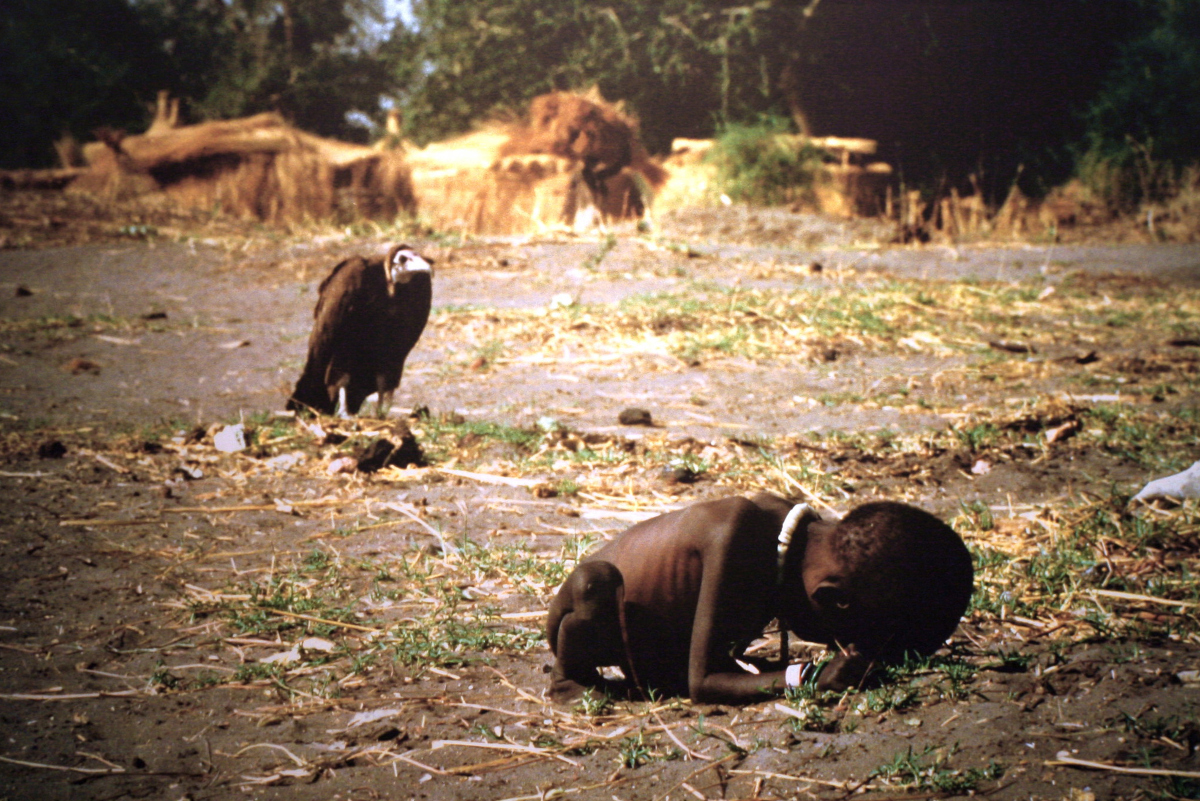Earlier this month, an article titled The Benefits of World Hunger caused a stir on social media, with many unsure as to why the UN Chronicle would publish such an article.
The article, originally printed by the United Nations in 2008 in their flagship magazine, has since been taken down.
The article is clearly an attempt at satire – given the author Geroge Kent’s liberal canon on global hunger. But what is revealing is the fact that many are on the fence as to whether this was an attempt to reveal the real attitude of the ruling class, or just a brazen defence of the role that impoverishment and poverty play in the capitalist system.
‘Positive value’
 The article begins by stating that hunger has “a great positive value to many people” and is “fundamental to the working of the world’s economy”. Deliberately provocative, Kent makes the point that not all of us “want to see it abolished”.
The article begins by stating that hunger has “a great positive value to many people” and is “fundamental to the working of the world’s economy”. Deliberately provocative, Kent makes the point that not all of us “want to see it abolished”.
Kent then asks:
“How many of us would sell our services so cheaply if it were not for the threat of hunger? When we sell our services cheaply, we enrich others, those who own the factories, the machines and the lands…For those who depend on the availability of cheap labour, hunger is the foundation of their wealth.”
It is certainly true that under capitalism, the threat of hunger and destitution is what ultimately compels workers to sell their labour-power to the ruling class. What Kent misses, however, is that it is not just those capitalists who depend on cheap labour that benefit from hunger – but all capitalists.
Wage-slavery
 Throughout the article, Kent implies that the necessity of work to sate hunger is akin to slavery. The author questions how many are “slaves to hunger…those whom are free to walk away from their jobs but have nothing better to go to”.
Throughout the article, Kent implies that the necessity of work to sate hunger is akin to slavery. The author questions how many are “slaves to hunger…those whom are free to walk away from their jobs but have nothing better to go to”.
This gets to the heart of it. The defenders of capitalism will hark that workers can simply find better work elsewhere to improve their individual situation. But exploitation of the working class is built into the very fabric of the system.
We may have the formal freedom to find work elsewhere – for another capitalist. But it is the inescapable relationship we enter into with the capitalist class as a whole which keeps us in poverty, whilst those at the top profit from our labour.
The article quite rightly describes the basis for wage-slavery: the fact that billions of us are alientated from the material wealth that exists in society, and therefore have nothing to sell but our ability to work. It is in such a system that our need to nourish ourselves can be weaponised against us.
Alternative
The backlash against this article shows that many have read between the lines: that the diagnosis is generally correct.
However, Kent then concludes:
“If there were no hunger in the world, who would plough the fields? Who would harvest our vegetables? Who would work in the rendering plants? Who would clean our toilets? We would have to produce our own food and clean our own toilets. No wonder people at the high end are not rushing to solve the hunger problem.”
No doubt this captures exactly the way that the ruling class thinks.
What Kent fails to say however – and could not say through the UN, even if he believed it – is that an alternative is possible: a system where people work not because they are compelled to do so by hunger, but because they are in control of their own lives and destinies.
Such an alternative is known as communism: a classless, stateless society, where the economy is owned and controlled by the working class, run and planned on the basis of needs, not profits.
To bring this about, we need to fight for worldwide socialist revolution.






